Keywords: Catholic Social Services Australia
-
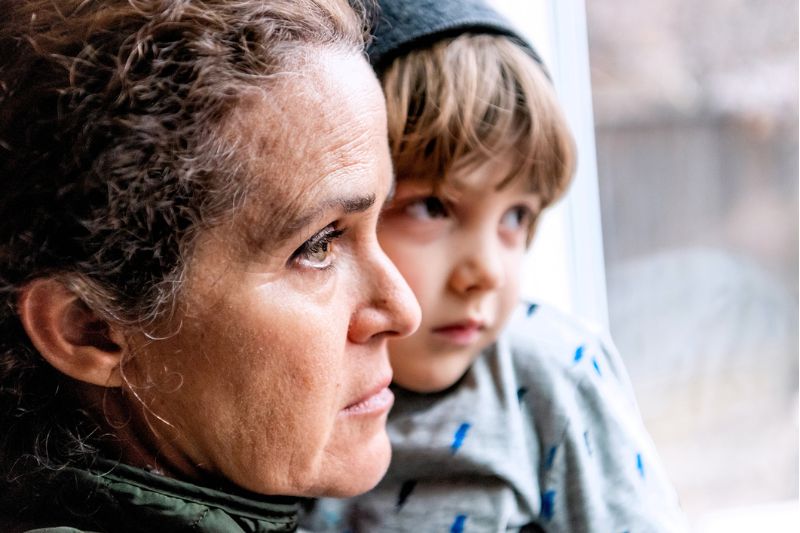
AUSTRALIA
- Joshua Lourensz, Vin Martin
- 15 May 2023
2 Comments
Budget papers reveal an expected rise in the unemployment rate from 3.5 per cent to 4.25 per cent by June 2024. While the increase is portrayed as modest, it translates to an additional 144,900 people becoming unemployed. The focus must remain on the human stories behind the numbers during this uncertain period of economic recovery.
READ MORE
-

AUSTRALIA
- Michael McVeigh
- 12 May 2023
3 Comments
In January 2006, I interviewed Father Bob Maguire. Father Bob was gracious enough to give me an hour of his time one afternoon in a conversation that was memorable, enlightening and entertaining at the same time. Here, published for the first time, is that interview in full.
READ MORE 
-
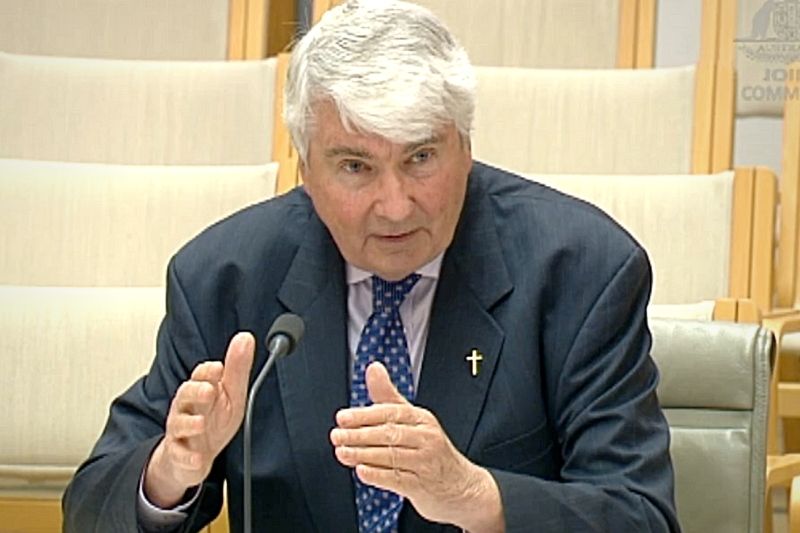
AUSTRALIA
- John Warhurst
- 04 May 2023
20 Comments
Frank Brennan's book An Indigenous Voice to Parliament: Considering a constitutional bridge is an urgent contribution to this important national debate around the shaping of the Voice and the referendum question. It is a book concerned with what’s likely to be successful rather than a manual on how to vote.
READ MORE
-
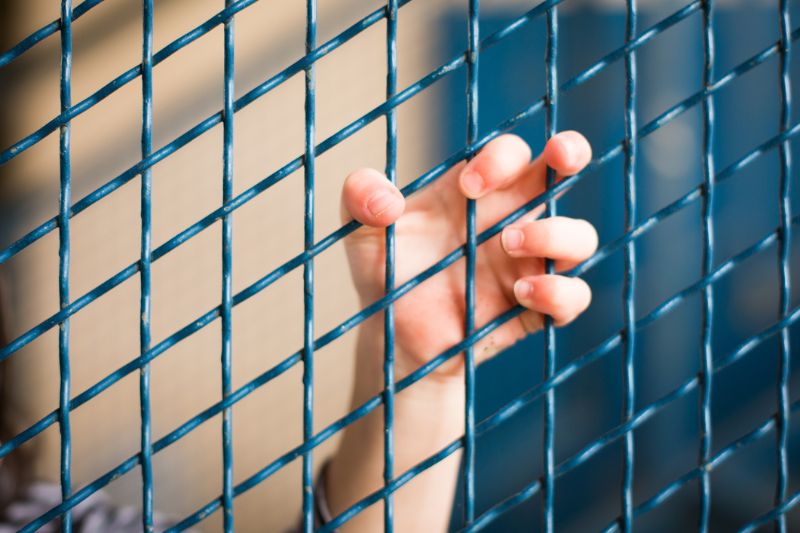
AUSTRALIA
- Andrew Hamilton
- 04 May 2023
1 Comment
When is a child fully responsible for their actions? The State Attorneys General have met to seek agreement on raising the age of criminal responsibility to 12, provoking questions around whether children can be held fully accountable for their actions at such a young age, and whether the criminal justice system needs to focus on rehabilitation over punishment.
READ MORE
-
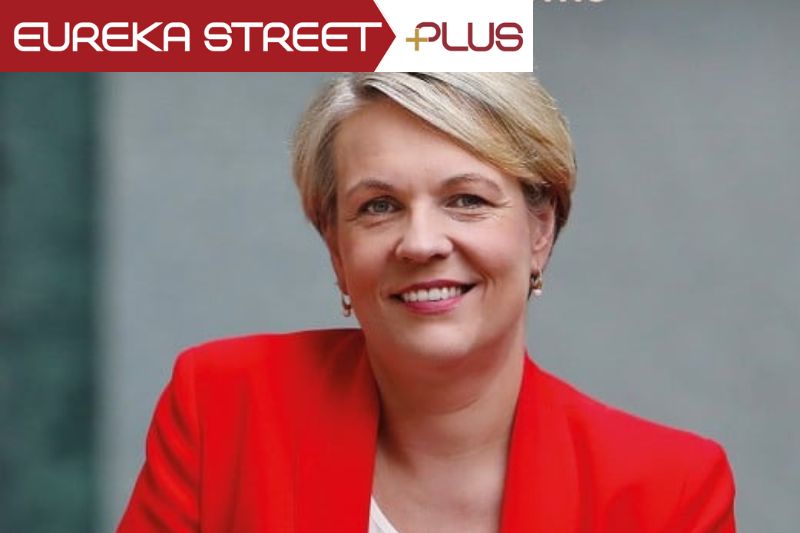
AUSTRALIA
- John Warhurst
- 31 March 2023
2 Comments
This life story of Tanya Plibersek, as told with great sensitivity and empathy by Margaret Simons, is a valuable reflection upon the engagement of a progressive modern woman with two of the great institutions in Australian history: the Labor Party and the Catholic Church.
READ MORE 
-

AUSTRALIA
- Danusia Kaska
- 08 March 2023
3 Comments
Women over 55 are the fastest growing homeless group in Australia. With over 400,000 women at risk of homelessness, it's Indigenous women, women with disabilities, women from migrant or refugee backgrounds, and women with mental illness who are disproportionately vulnerable.
READ MORE
-
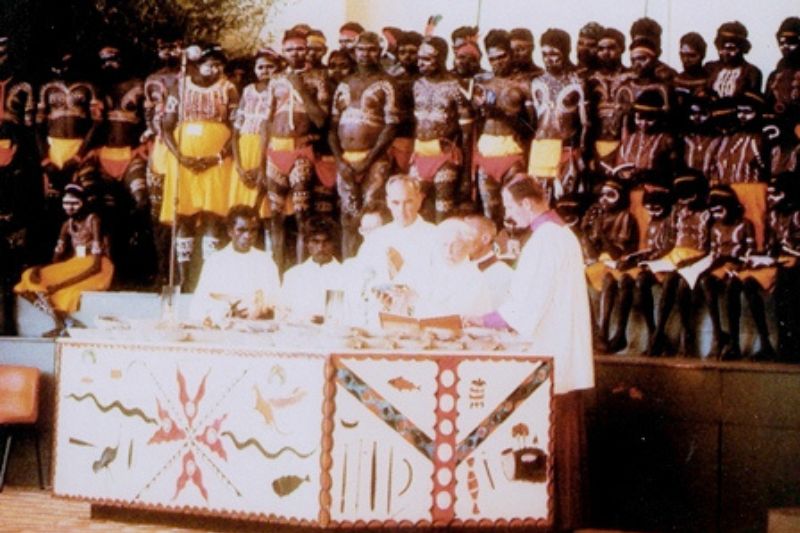
RELIGION
- Brian McCoy
- 20 February 2023
15 Comments
Fifty years ago, the Aboriginal Liturgy was the first attempt by the Catholic Church in Australia to re-shape the Mass, and was the first time we had witnessed and experienced Aboriginal people expressing their Catholic faith in ways that were culturally different from our own.
READ MORE
-
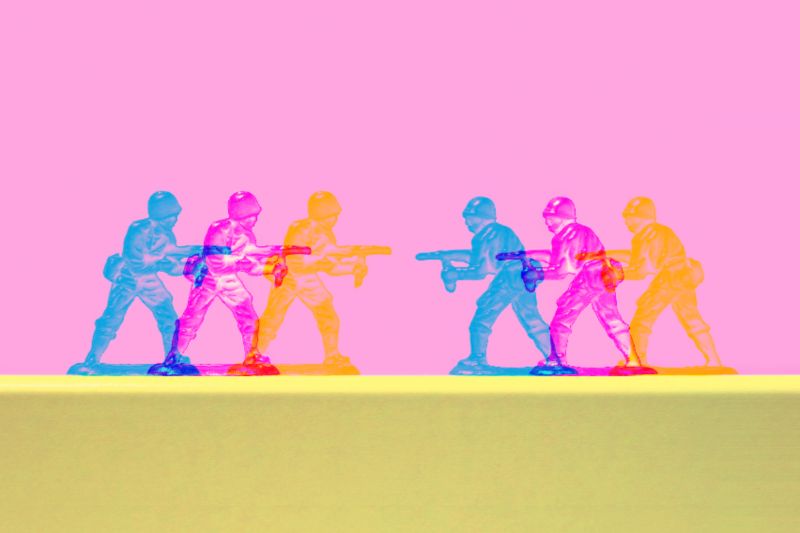
AUSTRALIA
- Andrew Hamilton
- 02 February 2023
6 Comments
Any discussion of the ethics of culture war should begin with the basic reality of human communication: to flourish, human beings rely on cooperation with other people. Speaking abusively about others weakens the necessary trust that lies at the foundation of a well-functioning society and inhibits the conversation about values necessary in a humane society.
READ MORE
-

AUSTRALIA
- Julian Butler
- 27 January 2023
2 Comments
Amidst concern for the painful experience of First Nations peoples on Australia Day, and a desire for justice I find myself bouncing between question of moving the date, and all the strands of what the day means and represents.
READ MORE 
-
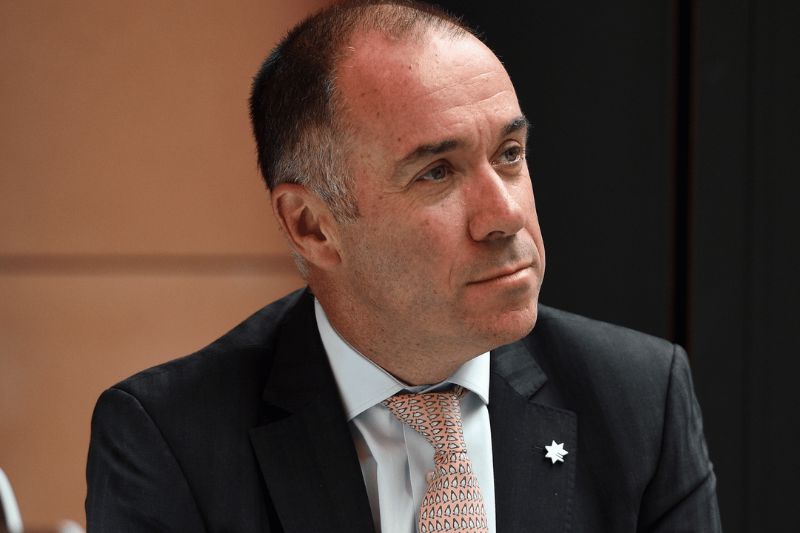
AUSTRALIA
- Chris Middleton
- 12 January 2023
It is highly doubtful that the Essendon Football Club appreciated the reaction that would occur when it presented its new CEO, Andrew Thorburn, with the option of giving up his role as a lay leader in the City on a Hill Anglican Church or resigning from his role with the Club. Even if many were uneasy about how the issue was caught up in the culture wars, it caused widespread concerns amongst people of faith.
READ MORE
-
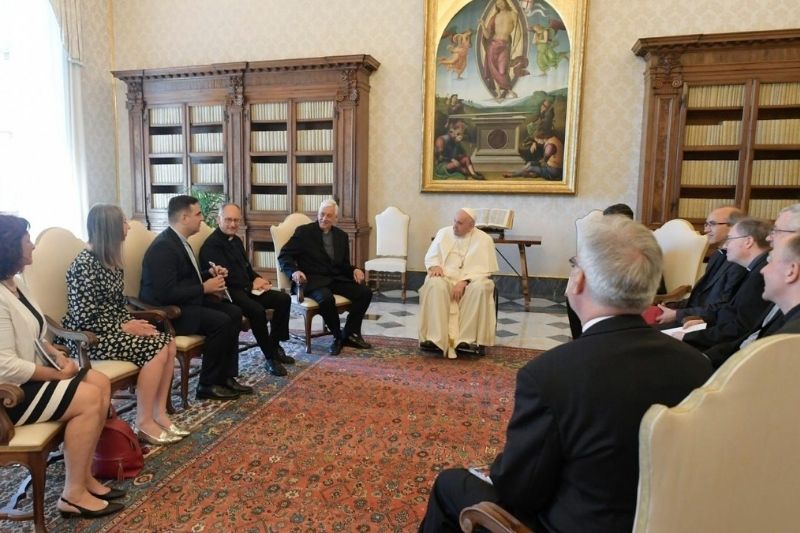
MEDIA
- Andrew Hamilton
- 12 January 2023
In a recent meeting Pope Francis met the editors of European Jesuit cultural magazines. As usual in such meetings he did not give an address but invited the participants to ask questions. The questions ranged across a wide area, reflecting the different readership and religious culture of the magazines. Underlying the Pope’s responses lay a challenging and coherent approach to the Jesuit mission and to communication that invites self-reflection also among Jesuit magazines and their readers outside Europe.
READ MORE
-
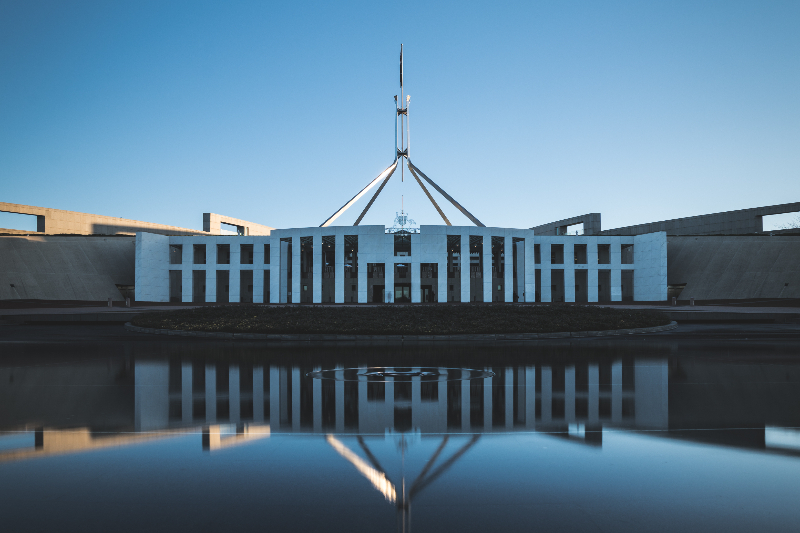
AUSTRALIA
- Frank Brennan
- 12 January 2023
In recent days, if you were to listen to the media reports, you could be forgiven for thinking that religious educators want to retain a right to exclude children or teachers from their schools on the basis of their gender or sexual orientation. Nothing could be further from the truth. Or nothing should be further from the truth.
READ MORE